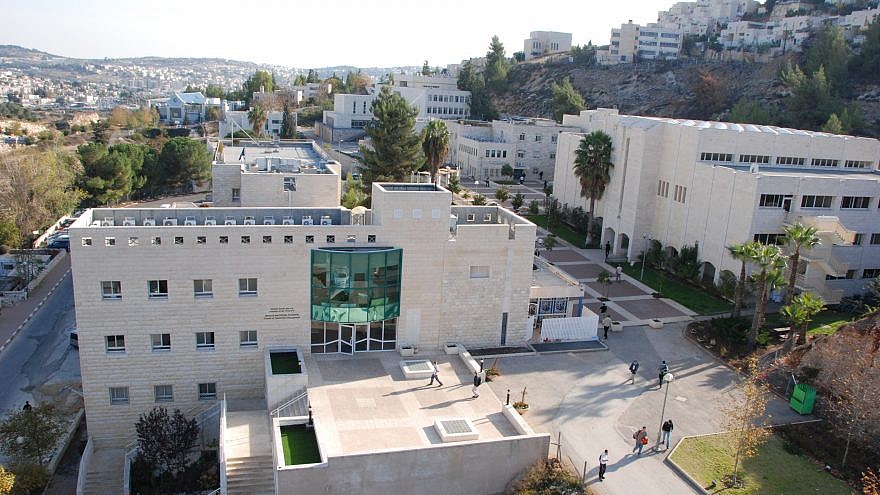The Jerusalem College of Technology recently announced the launch of the Torah and Technology Research Center, which will provide specialized expertise necessary to respond to the complex ethical and halachic (Jewish legal) issues of our times.
Supported by the Walder Foundation and operating under the direction of Rabbi Yosef Tzvi Rimon, head of its yeshivah and Jewish-studies programs, the center pioneers a working relationship between halachic experts and renowned faculty members from the college’s computer science, engineering and health-sciences departments in order to address the influx of emerging questions pertaining to both Torah and technology.
Is it permissible to ride in an autopilot vehicle on Shabbat? Can “meat” grown using cells taken from a pig be kosher or even pareve? Can you send Amazon’s Alexa voice commands on Shabbat? are some matters to be considered.
Questions like these, in addition to ethical issues related to technology, are already being asked in the Jewish religious community and show demand for answers informed by both halachah and technology, Rimon told JNS. Budding technology companies, he added, have also come to him asking him how to make their products more user-friendly for the religious community.
Rimon’s organization, Sulamot (formerly the Halacha Education Center), which develops cutting-edge educational technologies and innovative curricula for Jewish studies, will be partnering with the college in the Torah and Technology Research Center.
Prior to the launch of the center—and despite rapid technological development and growth—no centralized scholarly body was equipped to deal with all of the halachic implications and questions that have arisen, said Rimon.
In addition to serving as a centralized authority for the international Jewish community, the center will facilitate the development of innovative technologies specifically adapted to meet halachic requirements for Shabbat; will disseminate scholarly material and videos for children; and host symposia to discuss recent innovations and developments on both the halachic and technological fronts.
‘The world is changing all the time with new technology’
According to Rimon, the college was the best place to initiate such an entity because of its focus on technology and religion “at the highest level,” as well as an active beit midrash (place of prayer and Talmudic discourse) that serves 400 students.
“Most of the time, students learn Torah and science with no connections between the two. From here should come answers of halachah and technology,” he said.
He also voiced his hope that in the future, they will host conferences and create a visitor’s center, website, videos and encyclopedia on the interdisciplinary topic.
Rimon and college president and professor Chaim Sukenik noted that the new center will further connect the many haredi students on campus to a worldview that embraces science and technology within a halachically observant Jewish world.
“It is another route to see the beauty of Torah,” said Rimon. “The world is changing all the time with new technology, and it’s important for the religious world to understand them deeply and to see things a little differently.”
The inclusion of haredim and religious students in tech, Sukenik told JNS, will “afford new opportunities for technological creativity towards the engineering of halachah-friendly technologies.”
Moreover, he added, engaging with such challenges through a technological lens can enhance the study of halachah itself, refining one’s understanding of principles as they are applied to previously unprecedented scenarios.


























